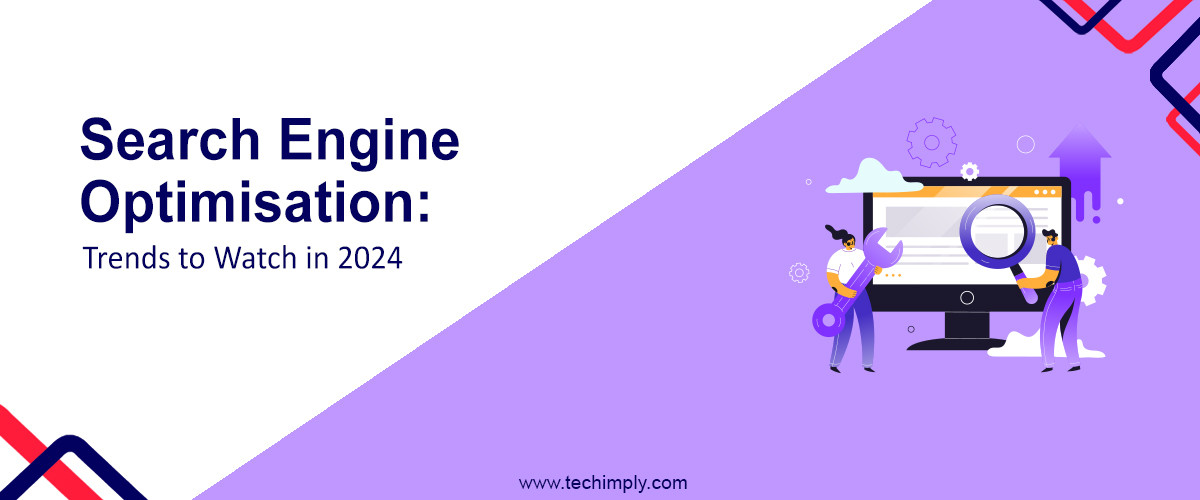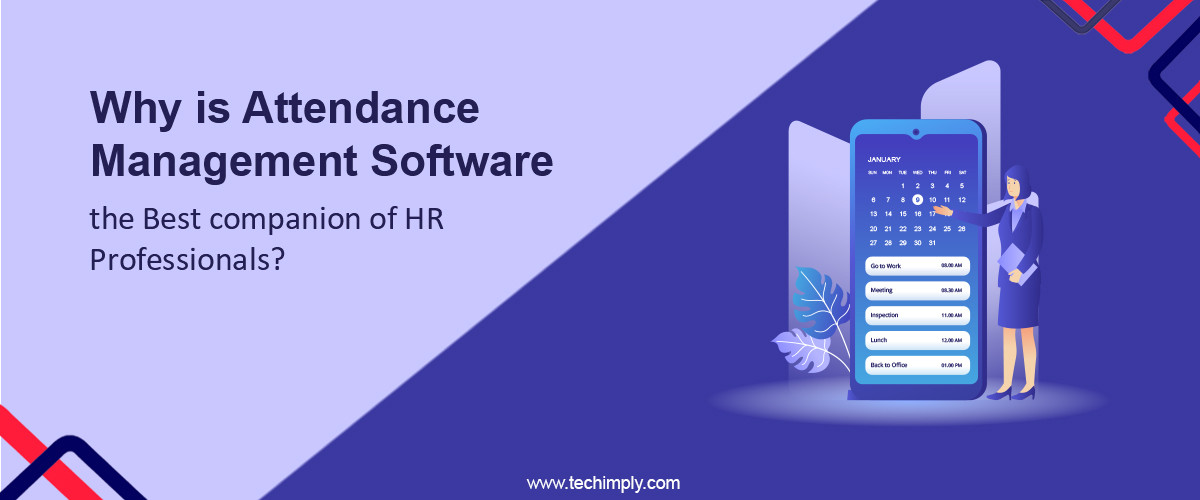Choosing the right CRM software for your business is an important decision that can greatly impact your success. You want to ensure you choose the best free Customer Relationship Management software that meets your affordable needs. The good news is there are many great free CRM options available today.
In this blog post, we'll look at some of the features to consider when selecting a free CRM platform and provide our picks for some of the best ones. With these tips in mind, you'll be able to find a system that works well for your business without breaking the bank.
What is CRM in Marketing?
Customer relationship management (CRM) in marketing is a strategy for managing your organization's relationships and interactions with customers and potential customers. The primary goal of the CRM approach is to provide better customer service, increase customer loyalty, and ultimately boost sales. To achieve this, you must understand customers' needs and requirements and measure all communication between buyers and sellers.
How Does CRM Help Businesses?
-
CRM helps businesses track customer data such as contact information, buying history, preferences, interests, and past purchases.
-
This information allows businesses to tailor their marketing campaigns according to the needs of their target audience.
-
By identifying loyal customers through CRM marketing strategies, businesses can create meaningful connections with potential buyers by providing personalized messages tailored to their unique interests.
-
Furthermore, a growing body of evidence suggests that the insights gained from CRM data can help inform headcount planning decisions in businesses. This includes determining the number of customer service representatives needed, the types of skills required, and the optimal locations for these employees.
-
Additionally, CRM systems allow businesses to develop better relationships with existing customers by understanding their characteristics and providing offers or discounts that are specifically tailored for them.
-
Through effective CRM techniques, companies can remain competitive while ensuring a high-quality experience for each customer.
For example, a clothing store may want to send out emails or postcards about new items that match the style preference of their existing customers. With CRM marketing tools such as targeted email marketing campaigns and segmentation strategies, businesses can easily identify who will most likely purchase from them.
What CRM Features Should You Look For?
When selecting a CRM system, look for features to help you better manage your customer relationships. These include:
-
Automation of repetitive and mundane tasks, such as follow-ups or data entry. Marketing automation helps free up employee time to focus on more complex customer relations tasks.
-
A dashboard with visuals to provide an easily readable snapshot of key metrics such as sales pipeline, customer segmentation, and ROI calculations. This functionality can spot trends in customer behavior for an improved understanding of the customer journey.
-
Comprehensive reporting capabilities allow for easy analysis and tracking of KPIs related to sales performance, customer service satisfaction, marketing campaign effectiveness, and email deliverability success rates. This will enable small business owners to make informed decisions about their customer strategies.
-
An integrated contact management system for managing contact information and segmenting customers into groups according to their needs or preferences. This allows for tailored communication strategies that are more likely to have positive customer results.
-
Integration with other software programs such as accounting software, email marketing systems, and social media platforms so you can track all your customer data in one place.
Identify Your Goals
Depending on your business requirements, some of the features you may want to consider include:
1. Data Management
To ensure data accuracy, a CRM should have robust data management capabilities, such as an automated process for collecting customer information, deduplication tools to remove duplicate entries, and data segmentation and classification-free CRM tools to ensure data is properly organized.
2. Reporting & Analytics
A good CRM should provide meaningful insights to help you understand current customer behaviors and trends. The reporting dashboards should be customizable for easy access to desired metrics. Additionally, advanced analytics capabilities such as predictive analysis can help you anticipate future market behavior and respond proactively to it.
3. Automation & Workflows
Automated processes can help reduce manual tasks and optimize marketing efforts by streamlining workflows according to specific criteria or actions taken by customers or sales reps. This type of marketing automation also allows for quick response times, which usually leads to a better customer service experience.
4. Integration
Integration with third-party software applications ensures all customer data is accessible from one place while preventing errors caused by manual information entry into multiple systems or databases. This also helps increase productivity by eliminating the need for staff members to manually search through different data sources when looking up information about a particular customer or campaign.
5. Security & Data Protection
A reliable CRM system should have stringent security protocols in place to protect all sensitive company and customer information from unauthorized access or potential cyberattacks.
Understand the Implementation
First and foremost, it is important to ensure that the CRM can maintain accurate data. A good CRM should provide users with cleaning and validation customer service tools to ensure all data is up-to-date and error-free. It should also include features such as duplicate detection so that users can avoid entering redundant information.
In addition, a well-implemented CRM system should include features like workflow automation and analytics, which allow limited or unlimited users to manage customer relationships more effectively and efficiently.
Prepare For User Adoption
Features such as customizability, scalability, and integration can be invaluable in helping users quickly become comfortable with the platform.
Customizability allows users to tailor the system to fit their needs and preferences best. Scalability ensures that users can easily access the system from any device, allowing them to take advantage of its features regardless of location.
Finally, integration helps ensure that CRM data is easily accessible from other applications and systems within an organization, providing a unified view of customer data that makes it simpler for organizations to make better-informed decisions.
Understand Product Mobility
Look for features like a mobile app that allows you to access customer data from anywhere, anytime. Cloud-based solutions also benefit product mobility since they automatically sync customer information and data across multiple devices.
Furthermore, make sure your CRM offers the ability for customers to interact with your sales teams through their mobile devices, such as real-time notifications, reminders, and alerts. This helps build stronger customer relationships by providing more convenient communication channels.
Finally, look for a system compatible with other applications and the best CRM software to seamlessly integrate customer data, allowing you to manage customer data in one place better.
Layout Your Processes
Look for features such as integration with third-party services, drag-and-drop process builder, and dynamic page layouts that allow users to configure the look and feel of their workspace.
Consider automation capabilities like email notifications, task scheduling, automation rules, and automated data entry, which can help streamline sales processes.
Finally, user access management should be a priority when selecting a CRM system; look for role-based permissions and granular control over who has access to specific tasks or information.
Have a Product Demo
When looking for free CRM systems with product demo features, you should look for features such as:
-
Customizing the demonstration based on the customer's needs.
-
Providing detailed demonstrations of all features and the ability to demonstrate how your product can fit into their business workflow.
-
Helping understand product demos and have in-depth visualizations of data, interactive experiences that allow customers to try out product features in real-time, and integration with other systems like ERP and analytics.
With these features, you can ensure customers get a comprehensive view of your product and its capabilities, so they know what they are investing in before they buy.
Test the Software
To start, look for a comprehensive contact management system that will allow you to store and track customer data in one place. This includes contact information, purchase history, communication records, and other personal data relevant to your customers.
Plus, it would help if you made sure the CRM has advanced reporting capabilities so you can easily access insights about your customer base.
Research About the Vendor
When researching the vendor selling CRM features, it is important to consider the features that they offer. Look for a CRM with features such as:
-
Customer segmentation
-
Lead generation scoring
-
Lead nurturing and automation
-
Analytics and Reporting
-
Contact management
-
Sales forecasting
-
Pipeline management
-
Social media integration
-
Mobile compatibility
-
Customization options
-
Scalability.
How Much Does CRM Software Cost?
The cost of CRM software can vary greatly depending on the complexity of the system and the features offered. Generally, basic CRM software is available at a low cost, with plans starting from around $10 per month.
However, more complex systems with advanced features may require an upfront payment or a higher monthly fee. It's important to note that pricing does not always indicate the quality—some cheaper options may offer adequate features and support, while some expensive options may be overpriced.
Depending on your business needs and budget, it is worth researching all available options before deciding.
Frequently Asked Questions
What is the best free or cheap CRM for a startup?
One of the best free or cheap CRMs for a startup is Bitrix24. It's an easy-to-use, cloud-based platform that offers powerful features such as sales automation, customer support, and project management at no cost for businesses with up to 12 users.
What is the best low-cost CRM?
The best low-cost CRM for small businesses is Freshworks (previously known as Freshsales). It offers a range of features from contact management, pipeline, and lead management to reporting and analytics. Its intuitive interface and easy customization options make it a great fit for businesses that need more money for pricier solutions.
Is Zoho completely free?
No, Zoho CRM is not completely free. It offers a range of plans priced based on your desired features and customer service teams. Their basic plan is free. However, some of their higher-end plans have a monthly fee. You can try out Zoho for free before committing to any long-term plan.
How do I use Excel as a CRM?
Using Excel as a CRM is a great way to simplify customer relationship management. You can organize customer data, track customer interactions, and automate follow-up activities. With the right formulas and functions, you can easily generate comprehensive reports on sales figures, marketing campaigns, customer support trends, and more.
Concluding Thoughts
Investing some time in researching these programs will pay off in the long run as you reap the benefits of an organized system for tracking customers and prospects. You don't have to break the bank either; select a program that meets your needs without sacrificing key features or security measures.

.jpg)




